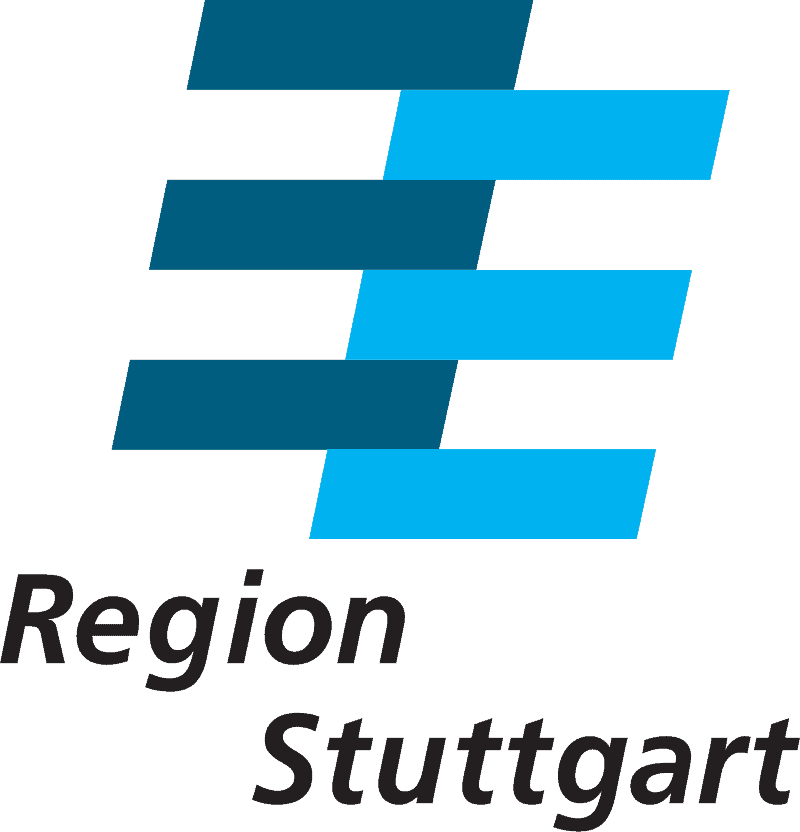
A founding member of ASA since 2020, the Stuttgart region exemplifies this collaborative spirit. Home to 2.8 million people from 180 countries, the region’s economy thrives with contributions from 1,6 million people, and over 98% of companies are SMEs. In 2022, 220,500 people were employed in the automotive industry, representing 17% of the workforce.
A notable success story of the region is the CARS 2.0 Initiative, which supports automotive and mechanical engineering start-ups and SMEs through transformation by leveraging partner skills. This initiative ensures SMEs and start-ups have access to essential skills and resources for growth and innovation
A further initiative, focusing on the challenges posed by the structural transformation in automotive and mechanical engineering, is the Q-Guide Region Stuttgart. It is a comprehensive real-world and digital platform for information, orientation and networking especially for the needs of SMEs in the field of re- and upskilling. designed to assist companies and their employees in navigating the complexities of workforce development and training.
The conference “Skills in Continuous Transition? Bringing Together Human Approach and Technological Changes in the Automotive Ecosystem,” organized by ASA with the support of the Stuttgart region in September 2022, was a significant event that emphasized the central role of people in the transformation of the automotive ecosystem. Such gatherings offer a platform to both contribute and learn, ensuring a harmonious and impactful cooperation, they are truly a win-win for all involved, fostering growth and strengthening partnerships across Europe.
A further example of collaboration is the study visit organized by ASA and Wirtschaftsförderung Region Stuttgart GmbH in 2023 under the umbrella of the European Year of Skills. The agenda included visits to Bosch GmbH and Mercedes-Benz AG, offering participants insights into workforce upskilling and innovation integration. Networking opportunities allowed discussions on learning’s role in the green and digital transition and up-/re-skilling challenges. Sessions at the Motor Vehicle Competence Center highlighted vocational education and apprenticeships. Inspirational contributions from Bosch and Mercedes-Benz representatives emphasized the importance of practical up- and reskilling examples and a human-centric approach.
These examples highlight the Stuttgart region’s commitment to supporting ASA’s initiatives on a broader scale and its openness in sharing best practices and success stories that can be leveraged across Europe.
For more updates, follow the LinkedIn
Regional development in the spotlight
As the automotive ecosystem undergoes significant changes due to digital and green transitions, collaboration between the Automotive Skills Alliance (ASA) and regions is crucial. ASA acts as a bridge, enabling regions to share experiences, learn from each other’s successes and challenges, and refine strategies. This knowledge exchange helps regions adopt best practices, fostering a cohesive and innovative approach to sustainability. Regions contribute their unique approaches, attracting talent and support from other regions, enhancing the collective effort.
The importance of this collaboration was highlighted during the October 11, 2023, event in Brussels, where representatives from seven regions discussed the future of skills development in the automotive sector. This cooperative approach enhances regional competitiveness and builds resilience, demonstrating the mutual benefits of working with ASA.
With multiple regions launching valuable initiatives in collaboration with ASA, the Alliance aims to spotlight each one and highlight their contributions to the European automotive ecosystem. The first example is the Stuttgart region.